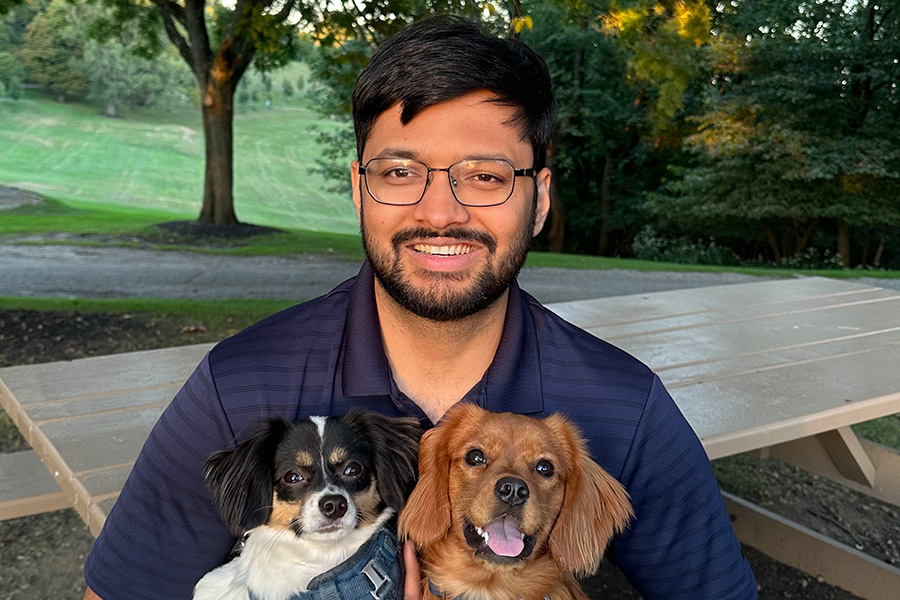Applying Academic Lessons to Real-World Leadership
With extensive professional experience already under his belt, Gaurav Agerwala entered Carnegie Mellon’s Master of Software Engineering (MSE) program seeking to round out his software development knowledge. Having recognized that coding was just a fraction of a software engineer’s responsibilities, he aimed to gain a broader perspective on best practices across the software lifecycle. The MSE curriculum, with its robust offerings in software architecture, requirements analysis, and quality assurance, provided precisely the academic foundation he desired.
Now nearing graduation, Gaurav has immersed himself in the program’s experiential learning opportunities to hone his leadership abilities. He believes the collaborative, self-directed capstone project has been instrumental. “It has allowed us to try on different roles. I had a different role all three semesters. It was very helpful to me to be able to see things from different perspectives,” he says. As team lead this semester, he draws upon the diverse perspectives he gained through rotating roles — leading client negotiations in the first semester and architecture in the second. “We had some apprehensions in the beginning about the rotation of the roles, but our mentors pushed us to embrace it. And it has proved to be a very valuable experience.” Classroom learning has also bolstered his leadership development, especially in the Communications for Software Leaders and Negotiations for Software Leaders courses. Their reflective practice assignments have helped Gaurav better understand himself as both an individual and a leader.
Though not officially part of student organizations, Gaurav enjoys sharing his industry knowledge to provide context around academic lessons. He compares real-world scenarios to program teachings to help peers grasp their relevance. His background managing a 700-800-person Internet of Things community has shaped his collaborative ethos. “My responsibility was to foster and encourage collaboration,” Gaurav explains. “I think being exposed to that and doing that helped me also foster collaboration with my peers.”
Looking ahead, Gaurav aspires to influence the software engineering field’s approach to architecture, requirements, and analysis through books and thought leadership. He has already begun this work through an independent study with Professor Len Bass to evolve the Software Architecture course. Together, they are developing a simplified architecture design method for use in classes and potential publication.
Gaurav also intends to return to the software industry post-graduation, seeking technical leadership roles where he can apply his strengthened expertise. An ideal role would involve analyzing and scaling complex systems — work he feels fully prepared for thanks to the MSE program’s comprehensive curriculum.
Outside of academics, Gaurav finds relaxation through spending time with his two dogs. Long walks provide mental space for his mind to make connections subconsciously. When he needs to problem-solve actively, he gravitates towards solo activities like cooking, reading, and gaming over social interactions.
In reflecting on his time in the program, Gaurav is grateful for how the MSE curriculum and community have rounded out his professional experience with academic perspectives. He has honed communication, collaboration, and leadership as part of becoming a well-rounded software engineering leader. The validation of being awarded the prestigious Director’s Scholarship confirms he is on the right path, primed for future influence in the field.
